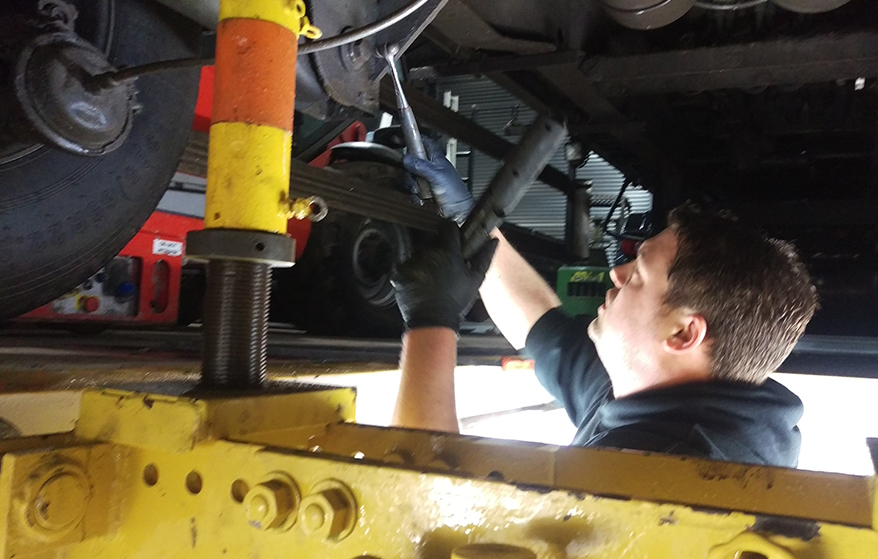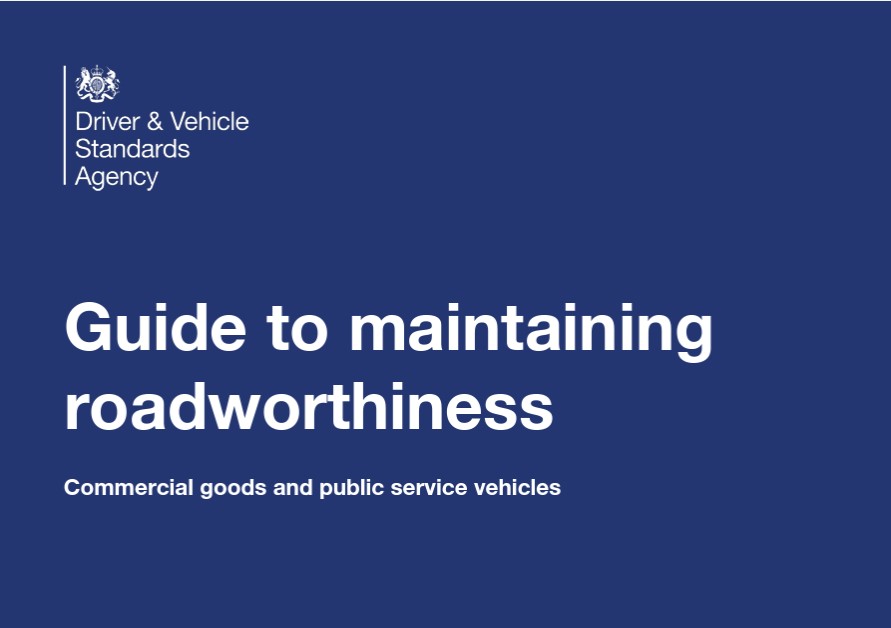Preventative Maintenance Inspections in Exeter.
Keeping your Preventative Maintenance Inspections up to date is not just a regulatory requirement but a best practice that benefits your business in multiple ways. It ensures legal compliance, enhances safety, reduces costs, extends vehicle lifespan, improves customer satisfaction, and supports effective record-keeping. As a transport manager, prioritizing PMIs is a strategic move that will keep your fleet running smoothly and your business thriving.
At our purpose built commercial vehicle workshops in Exeter, our highly trained technicians offer preventative maintenance inspections and roller brake testing for all HGV’s and trailers. All inspections and paperwork are DVSA compliant and recognized for the DVSA Earned Recognition scheme.
Don’t wait until it’s too late! Contact us today to set up a preventative maintenance contract tailored to your needs. Let us take the hassle out of fleet maintenance so you can focus on what you do best – running a successful transport business.


